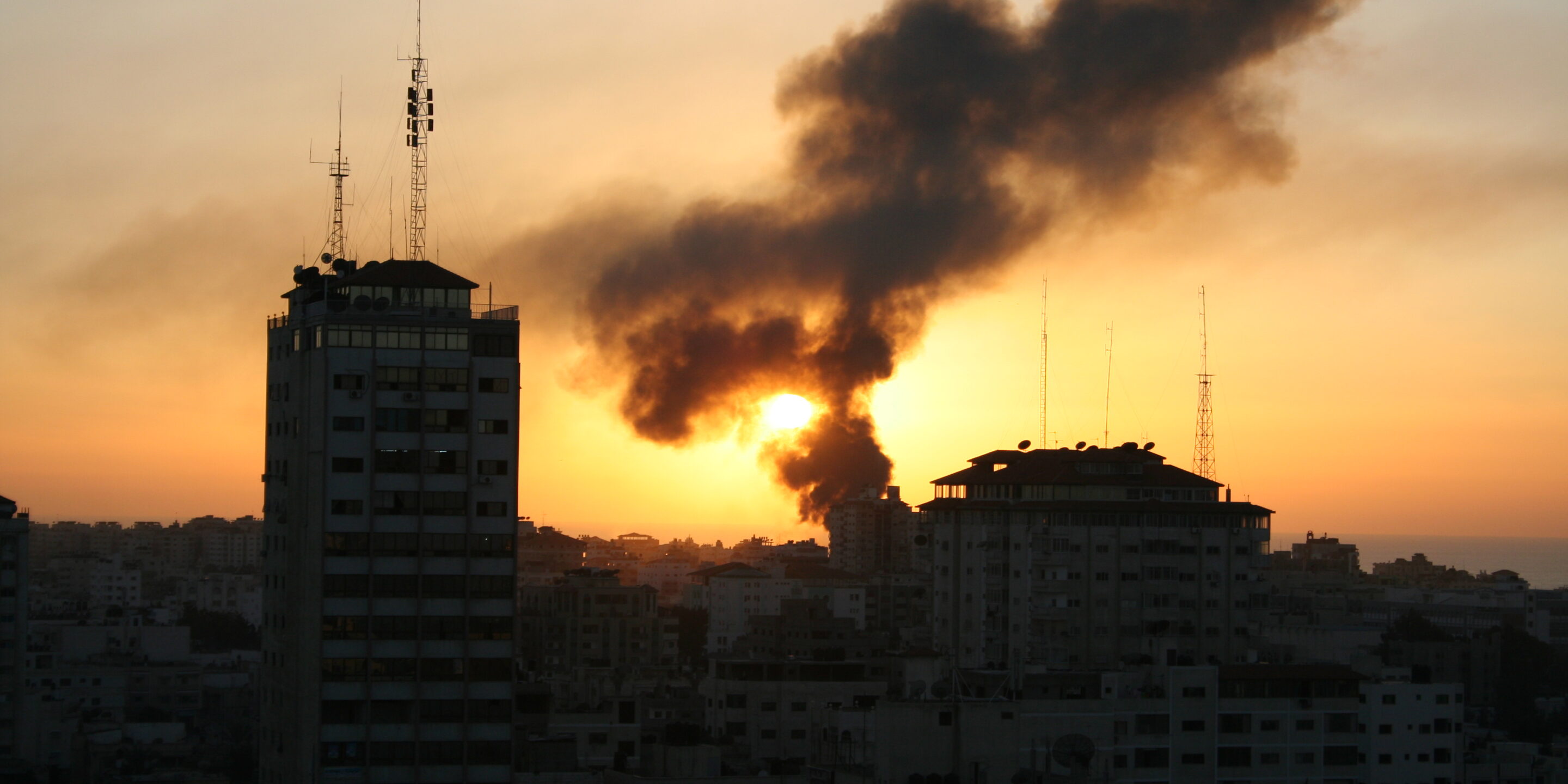
Any semblance of a ceasefire in Gaza died this week with Israel’s brief resumption of total war against Hamas on October 28. While Israeli Prime Minister Benjamin Netanyahu unilaterally declared a resumption of the ceasefire the next day, the reality is clear: Any agreement that allows one party to systematically violate its terms at will only constitutes meaningless words on paper. Without sustained US pressure, that dynamic will only worsen.
Israeli violations before this week’s strikes already raised serious concerns regarding the ceasefire’s sustainability. Since it began on October 10, Israel has continued to limit humanitarian aid flows into Gaza—a core component of the agreement with Hamas to end the fighting. It has regularly struck the Strip, citing unconfirmed reports of Hamas attacks on its forces, killing well over 100 people while injuring hundreds more. It refuses to open additional crossings that would further bolster aid flows for starving and impoverished Palestinian civilians.
To be clear, any actor violating the ceasefire should be held accountable for their actions. That includes Hamas, which is certainly working to regain its strength and will challenge Israel where it can. While many reports of attacks on Israeli forces are either exaggerated or incorrect, in no small part due to the likelihood that some of its fighters remain disconnected from command channels, it also signed a deal that it must honor.
More on Middle East

November 19, 2025

November 19, 2025

November 18, 2025
Events on Israel-Hamas






